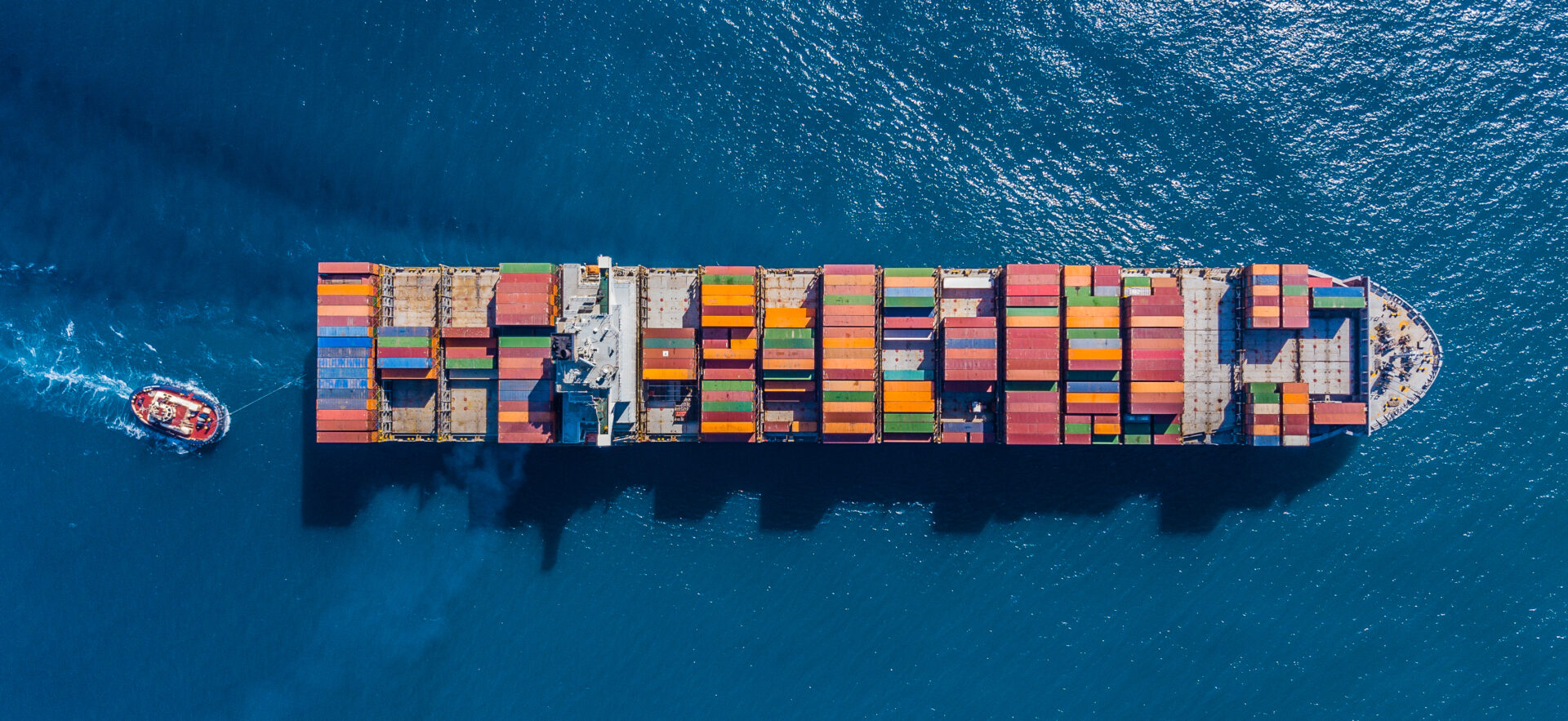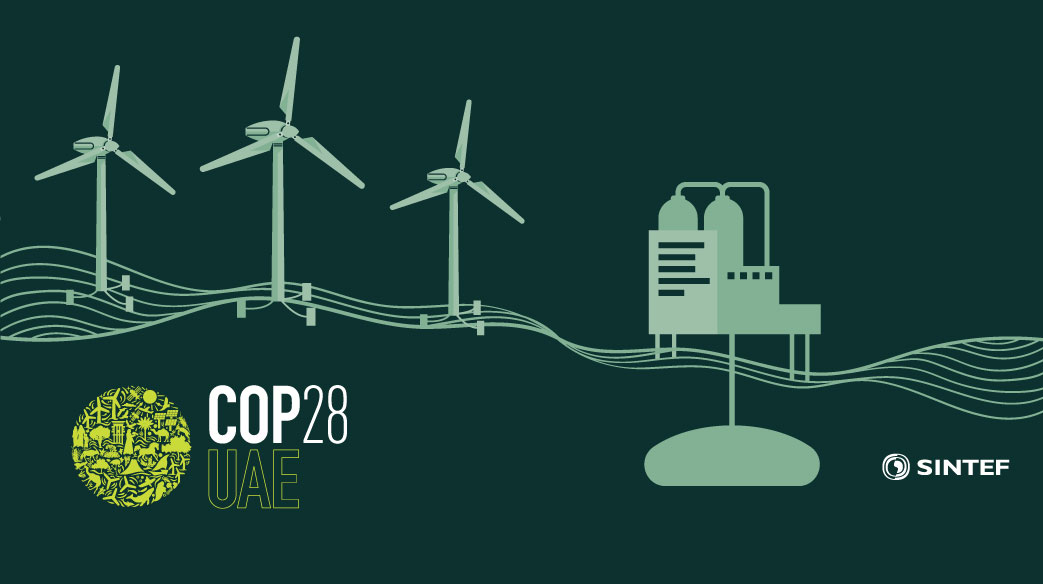The blog addresses the urgent need for decarbonize maritime transport, responsible for significant global greenhouse gas emissions. It discusses the International Maritime Organization’s (IMO) strategy, targeting a 20-30% reduction by 2030 and complete elimination by 2050. Challenges include obtaining alternative green fuels at scale and the associated costs and spatial limitations on vessels. The proposed solution involves optimizing ship design, improving energy efficiency, and transitioning to emission-free fuels, emphasizing collaborative efforts within maritime value chains.
COP28-recommendations to decarbonize maritime transport
- In the short term, given the lack of alternative fuels, energy efficiency will be the most important measure for maritime transport until 2030. This should be encouraged through requirements (for example, related to IMO indices EEDI and Cii) and support schemes for shipping companies that pilot energy-saving technology (for example, through reinvestment of quota revenues/CO₂ tax in the sector).
- The transition to green fuels is primarily hindered by price. As long as there is a low-priced fossil alternative, contracts of difference are crucial to stimulate the uptake of green fuels and the development of value chains and infrastructure.
- Green corridors can be an effective tool to initiate the extensive port infrastructure development required to make green fuels available. However, the strategy for the selection, development, and long-term financing of the corridors must be clear and credible enough for the industry to invest.
The problem
The maritime sector currently accounts for 9% of Norway’s greenhouse gas emissions and 3% of global greenhouse gas emissions. Decarbonizing the maritime sector is therefore crucial to reduce global emissions.
In July 2023, an agreement was reached on the IMO’s strategy for reducing greenhouse gas emissions from ships, with the goal of a 20-30% reduction by 2030, 70-80% reduction by 2040, and zero emissions by 2050, compared to the 2008 reference.
There are several challenges associated with decarbonizing maritime transport. Alternative green fuels are difficult to procure on a large enough scale, in addition to being expensive and often taking up significant space on vessels.
Therefore, it is important to invest in more research and technology development, both related to green fuels and energy efficiency through the optimization of ship design and operation (including logistics planning and route patterns). Additionally, the maritime industry needs to shift focus by:
- Highlighting overall greenhouse gas emissions beyond just CO₂.
- Considering life cycle performance rather than only emissions directly from the vessel.
- Designing and evaluating ship performance for actual operating conditions and optimizing based on the vessel’s actual usage.
- Establishing collaboration along the value chains.
- Assessing measures that can be implemented immediately or in the near future, as the cumulative contribution can be significant even compared to new promising technologies and measures that can be implemented from 2035 onwards towards 2050.
The solution
Agreement on the IMO’s strategy for greenhouse gas reduction opens the possibility of implementing regulations that will drive the transformation of the maritime sector. It is crucial to follow up on the good work done and establish such regulations. Effective decarbonization of the maritime sector will be built on the optimization of design and operation, energy efficiency, and the transition to emission-free fuels.
The foundation for these measures is increased collaboration along the maritime value chains, as it is crucial for building sufficient investment decision-making grounds. This includes collaboration between cargo owners and shipping companies, financing low-emission maritime projects with associated increased costs compared to conventional investments, collaboration between transport operators and ports to avoid rapid transport and waiting at ports, collaboration between different transport links from supplier to receiver, and collaboration on fuel availability through concepts like green shipping corridors.
Energy efficiency can be achieved through various measures, supported by research: optimized ship design, including driveline design that can easily adapt to new fuels, collaboration on cargo for outbound and return journeys, the use of batteries, and cleaning of hull fouling to reduce frictional resistance.
The use of new fuels can be implemented through the use of fuel cells and various ship engines, as well as possibly capturing and temporarily storing CO₂ on board. The maritime sector is diverse, and there are therefore many different needs for emission-free concepts that can be adapted to the individual ship’s needs. There are already a number of components and systems adapted to, for example, hydrogen, but further development and implementation are also crucial to meet all needs. In addition, it is crucial to secure sufficient investments in renewable power generation to achieve sufficiently large volumes of low- CO₂ footprint fuels on a life cycle assessment (LCA) basis.



0 comments on “COP28: We need to urgently decarbonize maritime transport”